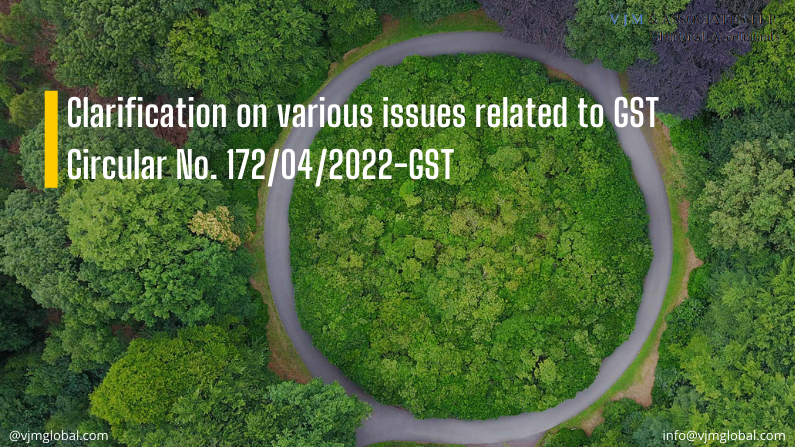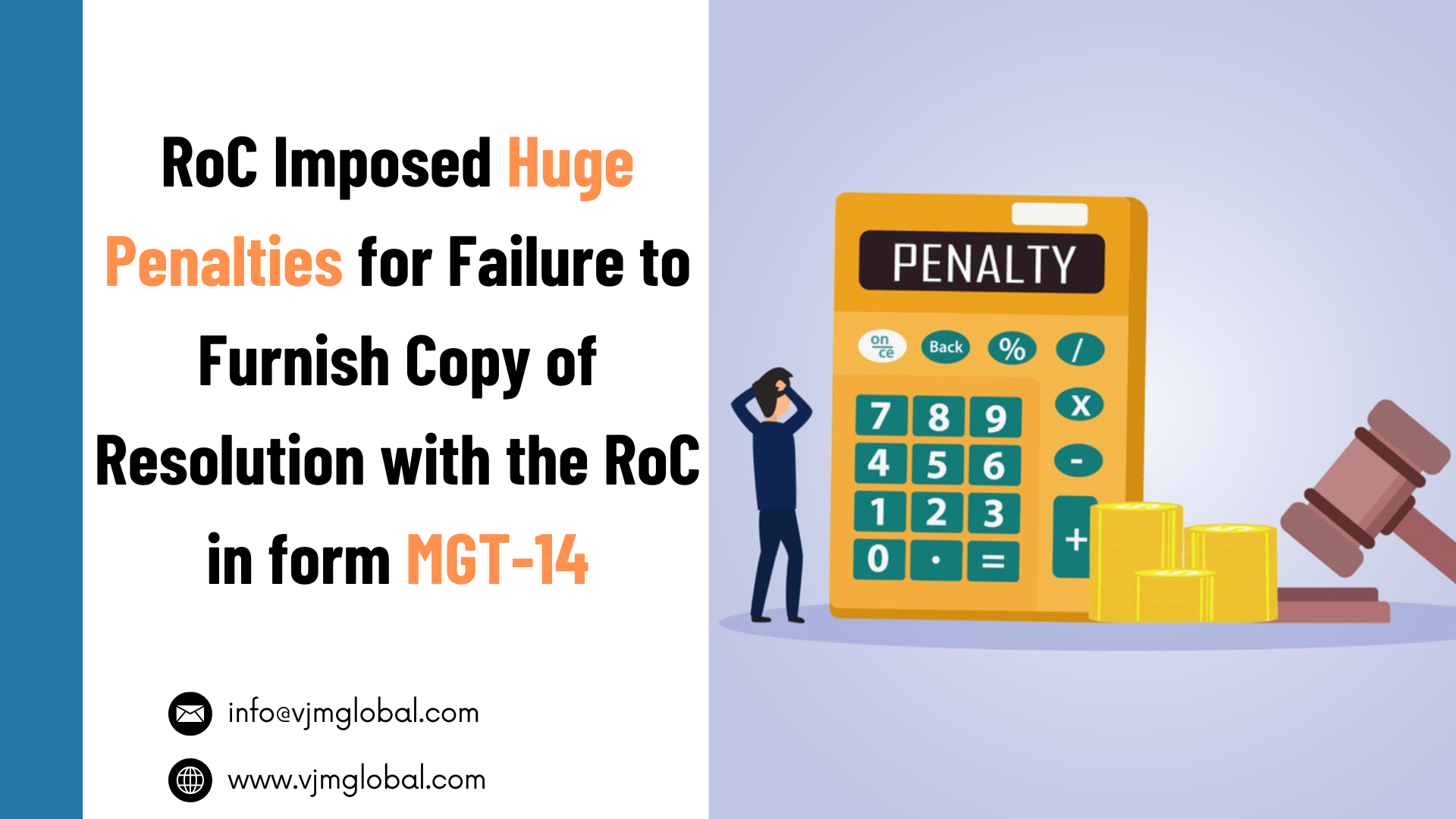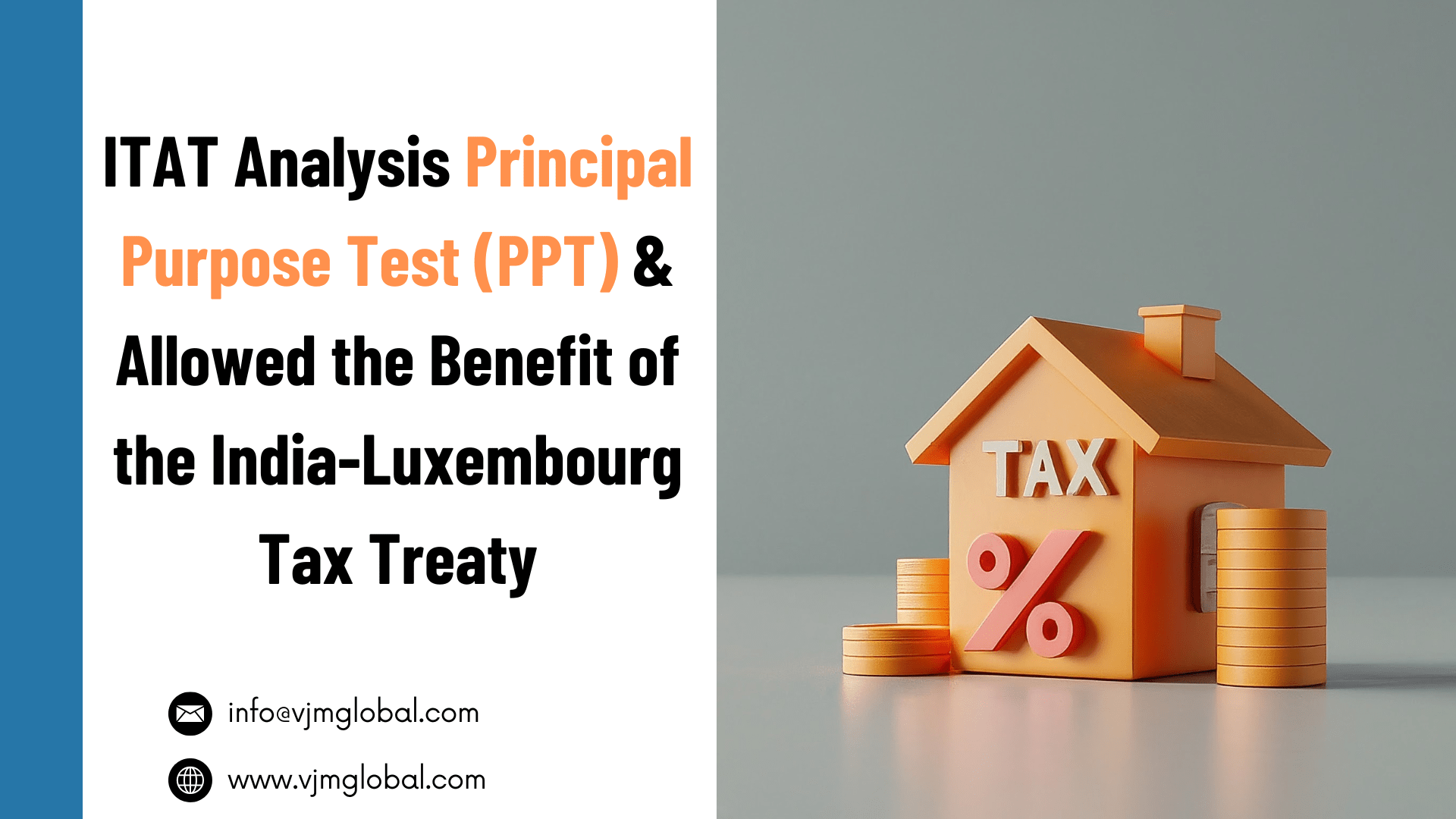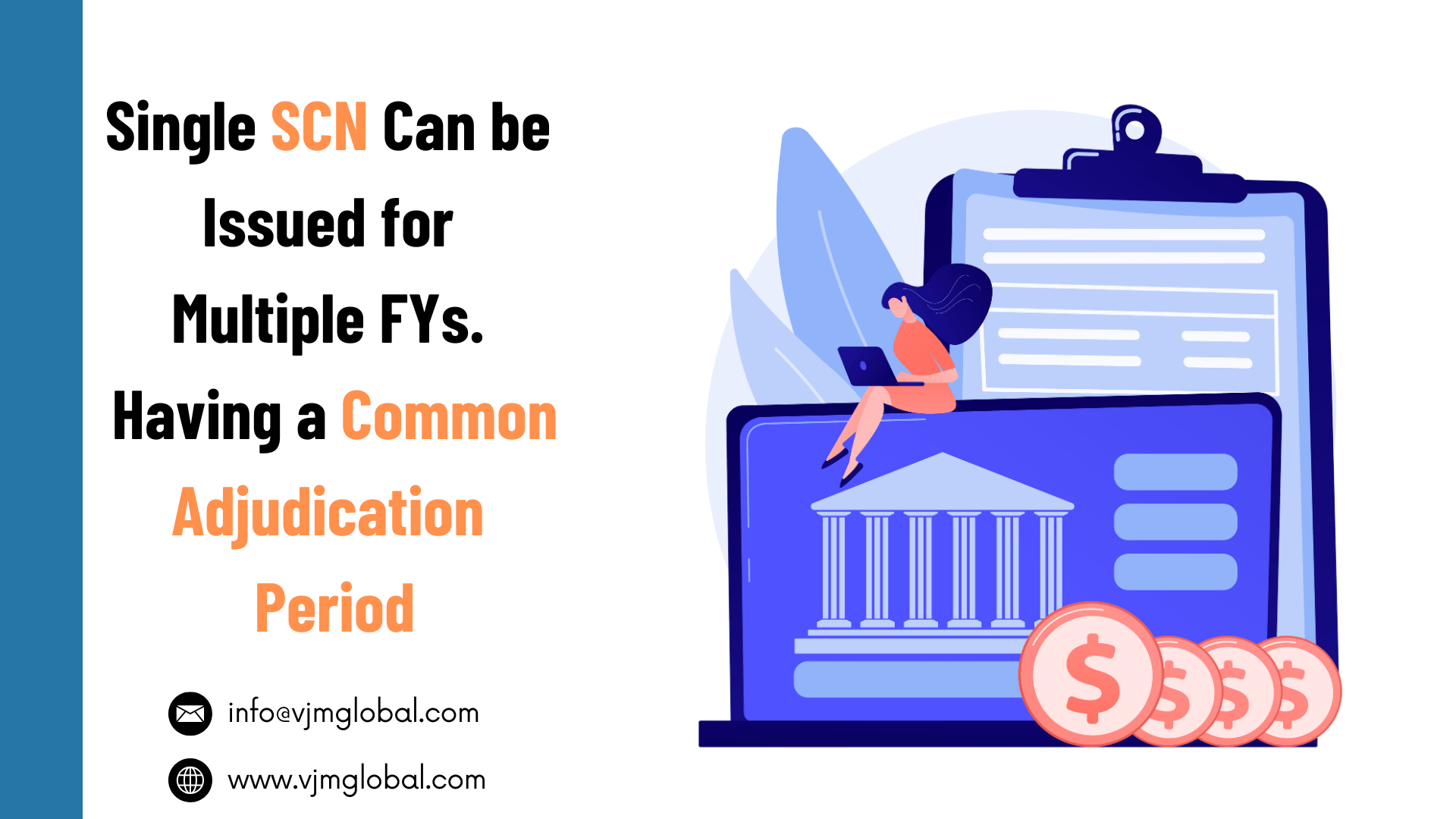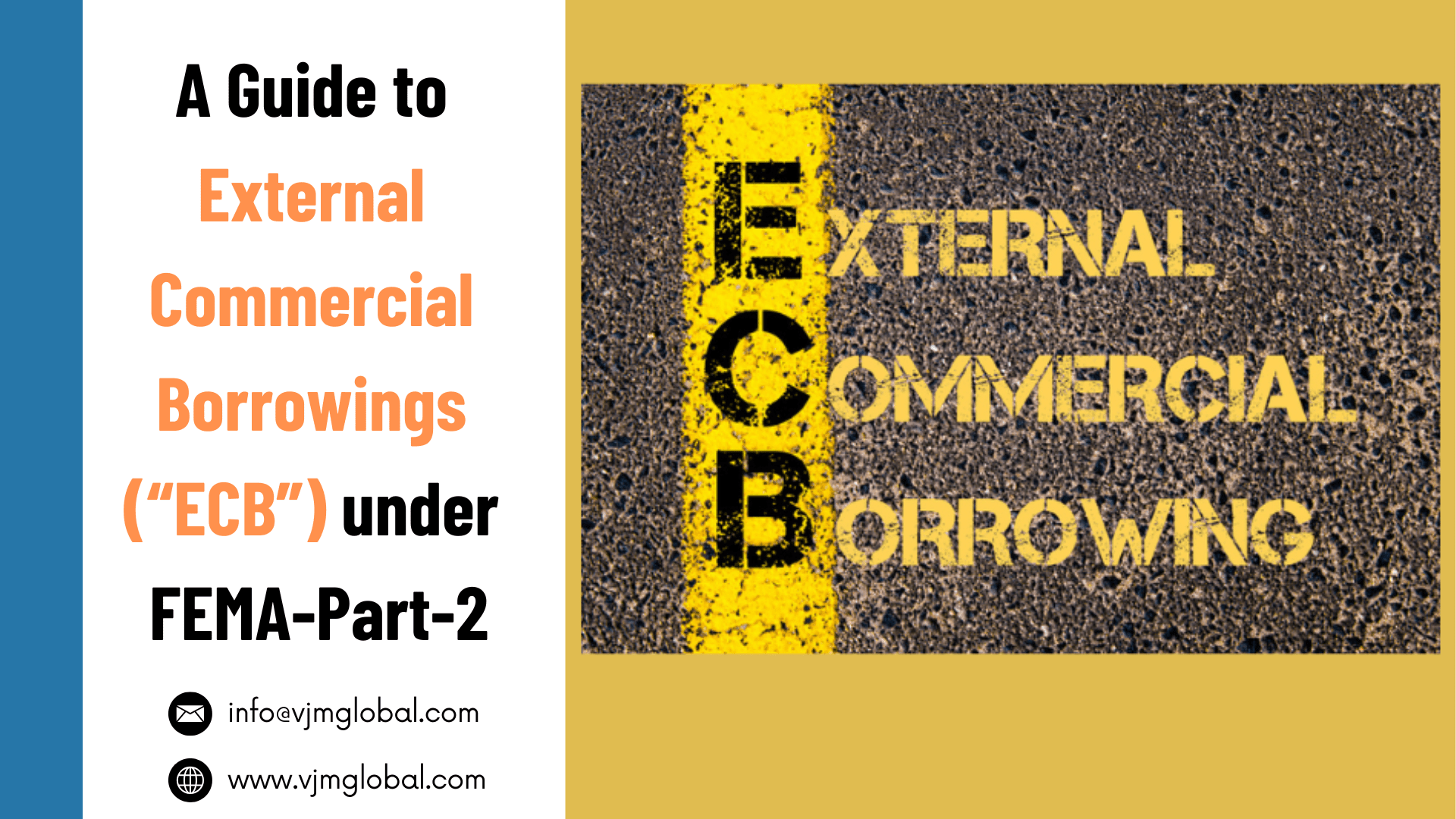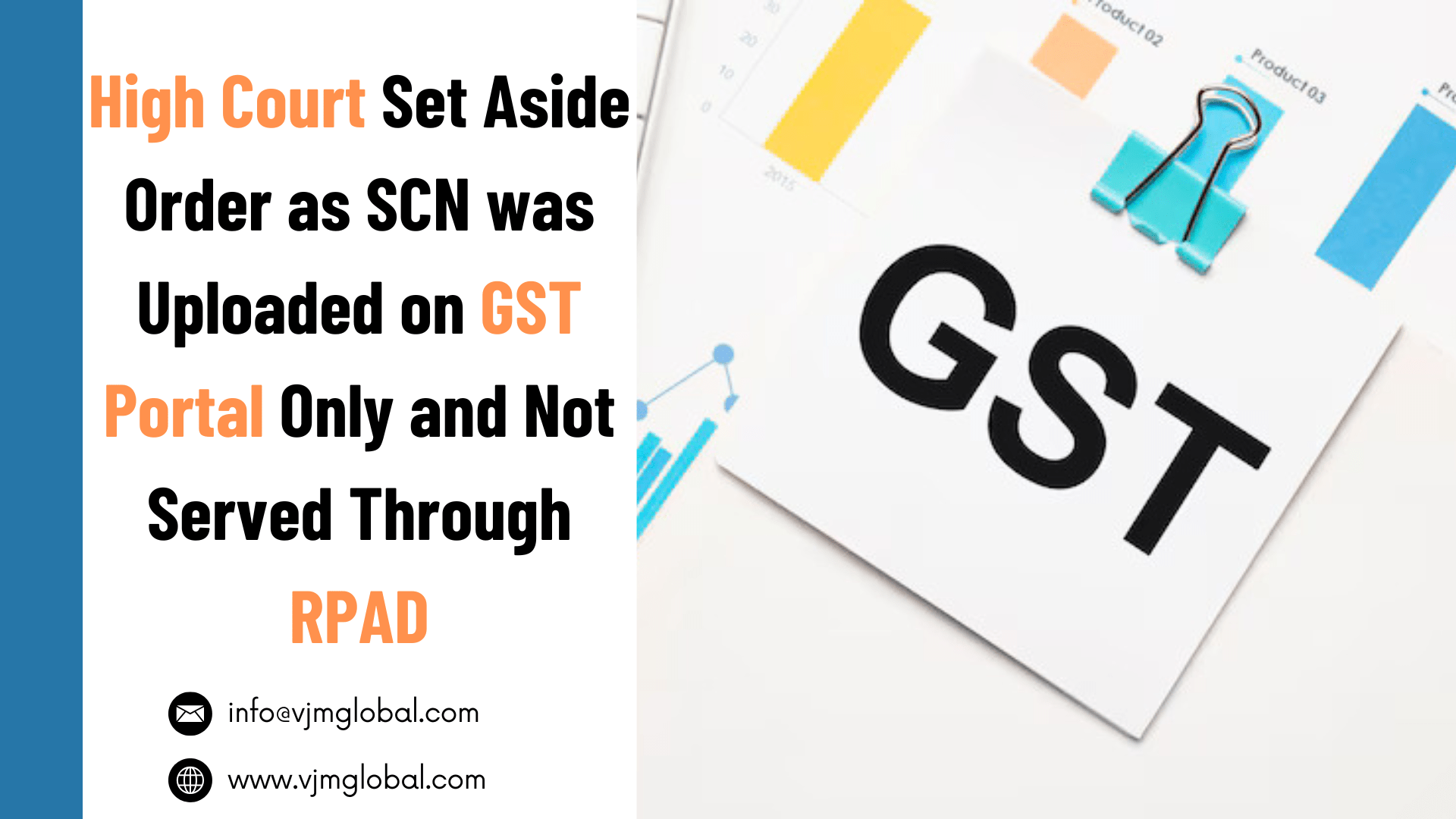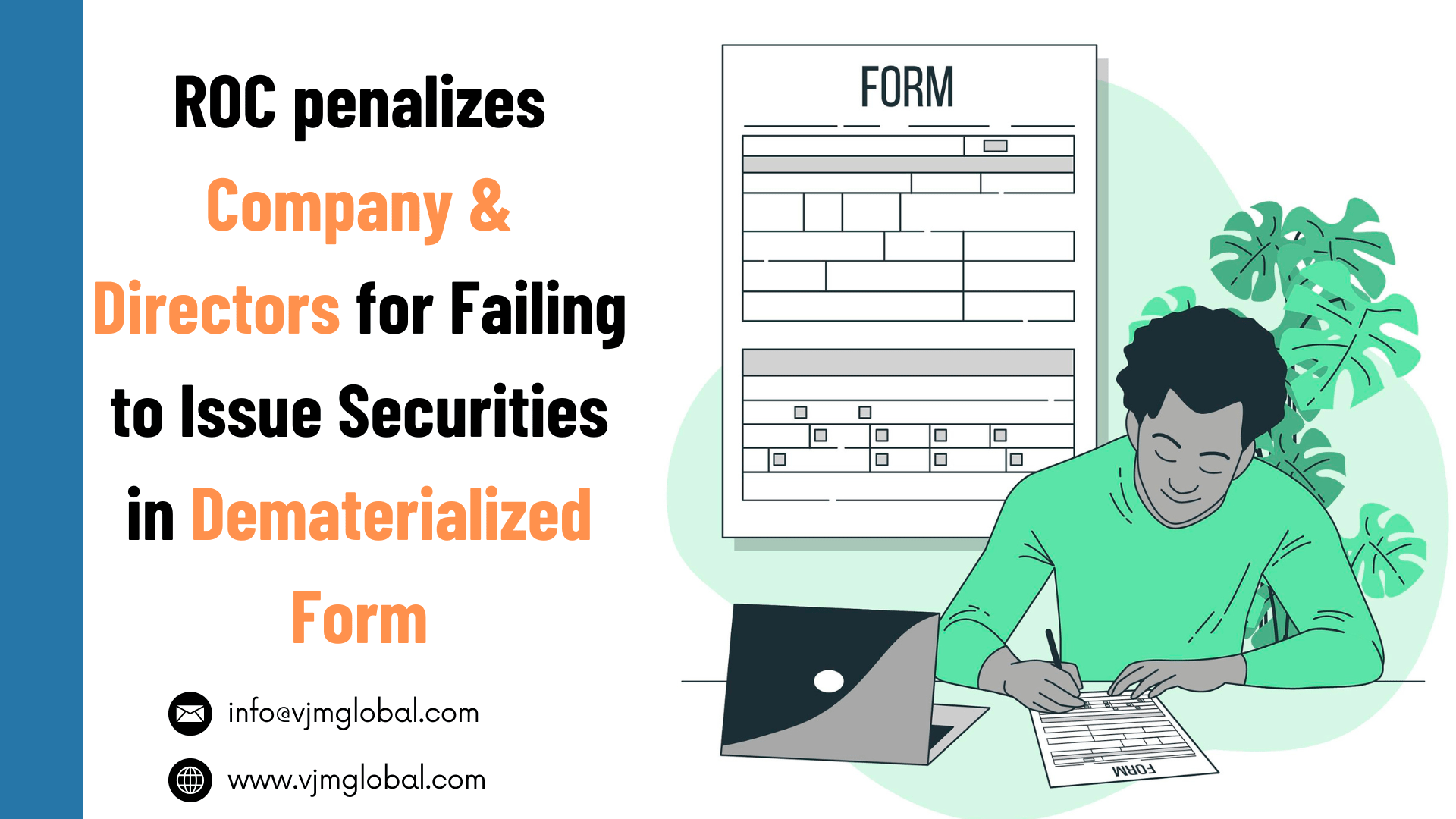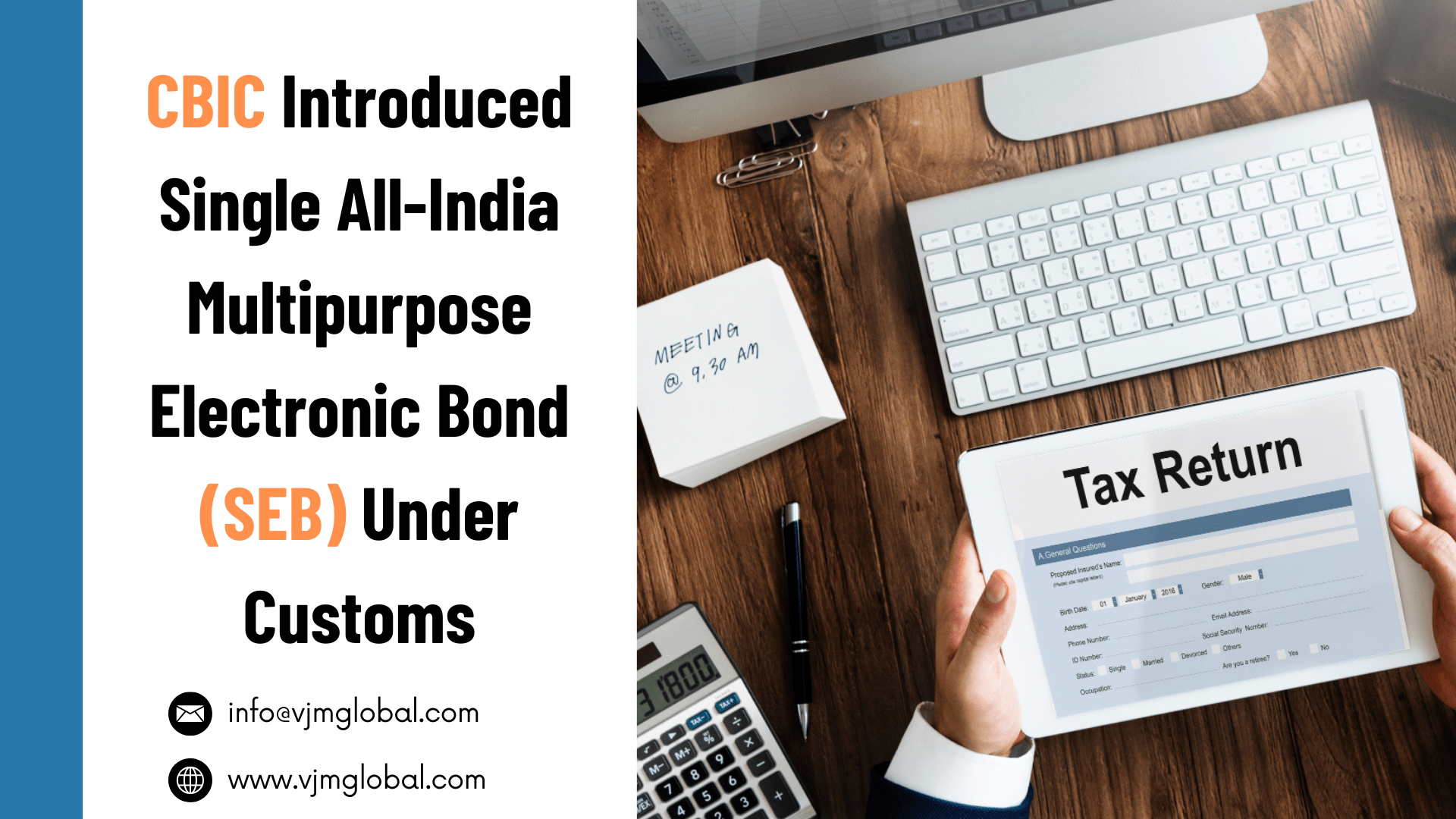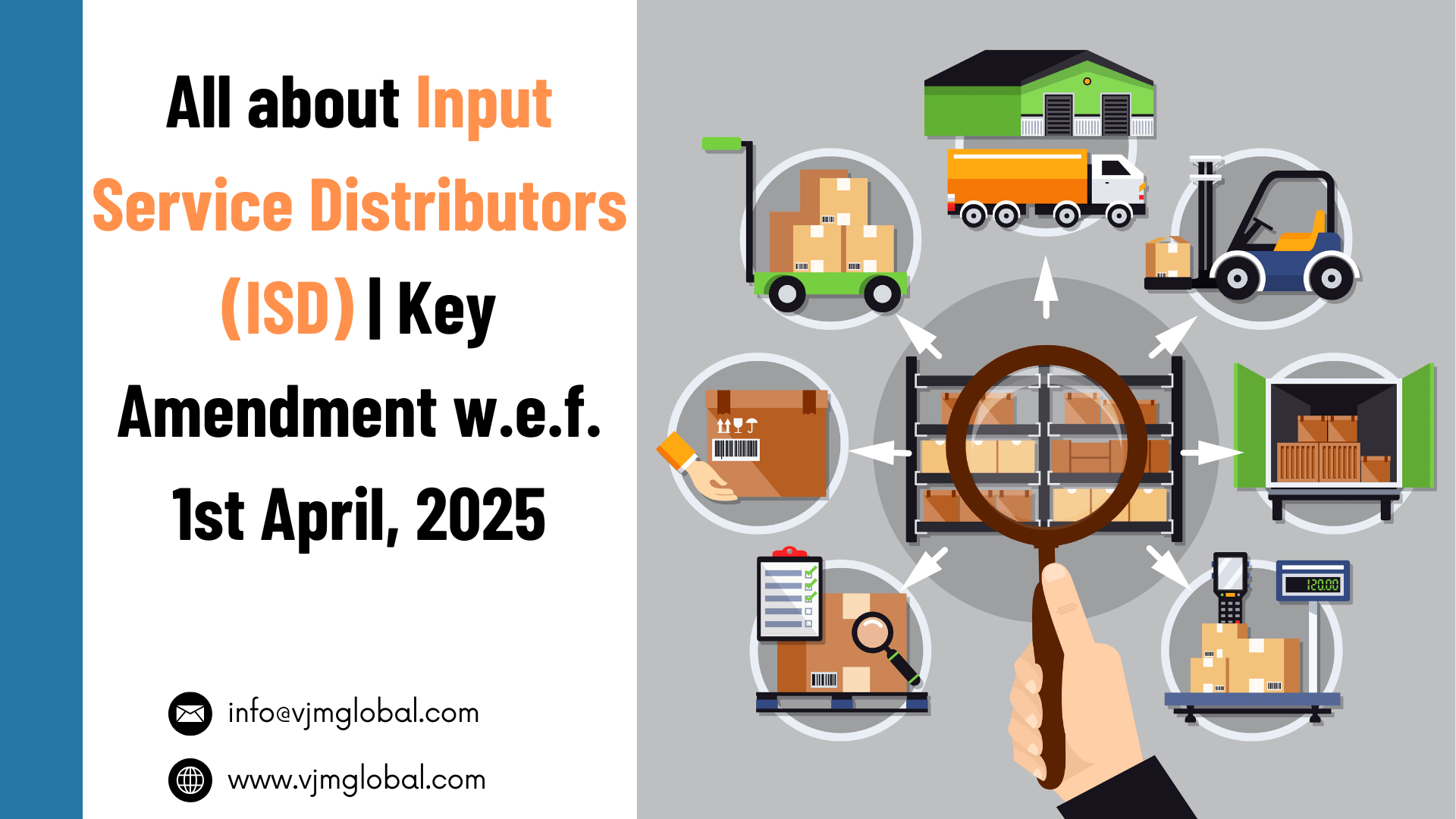GST Council received various representations from industries to provide clarification on various GST issues to minimize litigations and streamline business operations. In line with recommendations made in the 47th GST Council Meeting, CBIC has clarified various issues related to GST vide Circular No. 172/04/2022-GST dated 6th July 2022.
List of clarifications issued by GST Council is as follows:
1. Clarification on issues related to Section 17(5) of the CGST Act
Issue:1
- Section 17(5) of CGST Act provides a list of inputs, input services, and capital goods with respect to which no ITC shall be admissible.
- As per Section 17(5)(b), no ITC shall be provided for:
(i) food and beverages, outdoor catering, beauty treatment, health services, cosmetic and plastic surgery, leasing, renting, or hiring of motor vehicles, vessels, or aircraft.
(ii) membership in a club, health and fitness center
(iii) travel benefits extended to employees on vacation such as leave or home travel concession:
- Following proviso is provided after Section 17(5)(iii)
“Provided that the input tax credit in respect of such goods or services or both shall be available, where it is obligatory for an employer to provide the same to its employees under any law for the time being in force.”
- Now the industry has seeked clarification that whether such proviso is associated with the entire Clause (b) or only Clause b(iii).
Clarification:
- Such proviso was inserted after Section 17(5)(b)(iii) through Central Goods and Service Tax (Amendment Act) 2018 with effect from 01.02.2019.
- Such amendment was made on the recommendation of the 28th GST Council meeting where the following intent was provided for adding such provision.
“That scope of the input tax credit is being widened, and it would now be made available in respect of Goods or services which are obligatory for an employer to provide to its employees, under any law for the time being in force.”
- Therefore, such proviso is applicable to the whole Section 17(5)(b) of CGST Act.
Issue: 2
- As per Section 17(5)(b)(i) of CGST Act, no ITC shall be available with respect to following
“(i) food and beverages, outdoor catering, beauty treatment, health services, cosmetic and plastic surgery, leasing, renting or hiring of motor vehicles, vessels or aircraft referred to in clause (a) or clause (aa) except when used for the purposes specified therein, life insurance and health insurance:”
- The industry has asked for clarification that whether the bar on availment of ITC is limit to “Leasing, renting or hiring of motor vehicles” only or ITC of any type of leasing is barred under the said provisions?
Clarification:
- It is clarified that “leasing” referred to in Section 17(5)(b)(i) refers to the leasing of motor vehicles, vessels, and aircraft only and not to the leasing of any other items.
- Accordingly, ITC is not barred in the case of leasing, other than leasing motor vehicles, vessels, and aircraft.
2. GST on perquisites provided by the employer to the employees as per contractual agreement.
Issue
- Whether various perquisites provided by the employer to its employees in terms of the contractual agreement entered into between the employer and the employee liable for GST?
Clarification:
- As per Schedule III to the CGST Act, services provided by an employee to the employer in the course of his employment are neither considered as supply of goods nor supply of services.
- Therefore, GST is not applicable on services rendered by employees to employer-provided they are in the course of or in relation to employment.
- Accordingly, any perquisites provided by the employer to its employees in terms of the contractual agreement are in lieu of the services provided by the employee to the employer in relation to his employment.
- Therefore, such perquisites are not liable to GST as the same are provided for services rendered in course of employment.
3. Utilisation of the amounts available in the electronic credit ledger and the electronic cash ledger for payment of tax and other liabilities
Issue 1: Whether the amount available in the electronic credit ledger can be used for making payment of any tax under the GST Laws
Clarification
- As per Section 49(4) of CGST Act, the amount available in the electronic credit ledger of CGST can be utilized for payment of output CGST or IGST Liability subject to order of utilization as given under Section 49B of CGST Act.
- As per Section 2(82) of CGST Act, output tax is a tax chargeable on the taxable supply of goods or services or both but excludes tax payable on the reverse charge mechanism.
- Therefore, Department has clarified that any payment towards output tax, whether self-assessed in the return or payable as per proceeding under GST law, can be made by utilization of the balance available in the electronic credit ledger.
- Further, the balance in the electronic credit ledger cannot be used for making payment of GST under RCM.
Issue 2: Whether the amount available in the electronic credit ledger can be used for making payment of any liability other than tax under the GST Laws?
Clarification:
- As per section 49(4), the electronic credit ledger can be used for making payment of output tax only.
- It cannot be used for making payment of any interest, penalty, fees, or any other amount payable under the said acts.
- Similarly, electronic credit ledger cannot be used for payment of erroneous refund sanctioned to the taxpayer, where such refund was sanctioned in cash.
Issue 3: Whether the amount available in the electronic cash ledger can be used for making payment of any liability under the GST Laws?
Clarification:
- As per Section 49(3) of the CGST Act, the amount available in the electronic cash ledger may be used for making any payment towards tax, interest, penalty, fees, or any other amount payable under the provisions of the GST Laws.
Utilization
Ledger | for Payment of Output Tax other than RCM | for Payment Tax under RCM | for Payment of Interest, Penalty, fee or any other amount |
| Electronic Credit Ledger | Yes | No | No |
| Electronic Cash Ledger | Yes | Yes | Yes |

